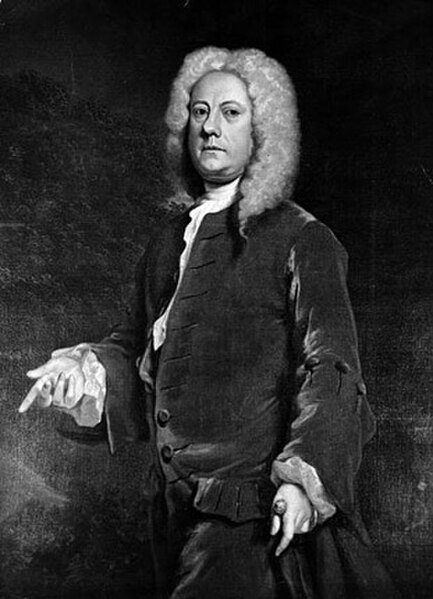Thick as a Brick is the fifth studio album by the British rock band Jethro Tull, released on 3 March 1972. The album contains one continuous piece of music, split over two sides of an LP record, and is intended as a parody of the concept album genre. The original packaging, designed as a 12-page newspaper, claims the album to be a musical adaptation of an epic poem by fictional eight-year-old genius Gerald Bostock, though the lyrics were actually written by the band's frontman, Ian Anderson.
The original LP cover; its gatefold opens up as a 12-page newspaper
Jethro Tull on the Thick as a Brick tour, early 1973
Jethro Tull are a British progressive rock band formed in Blackpool, Lancashire, in 1967. Initially playing blues rock and jazz fusion, the band soon incorporated elements of English folk music, hard rock and classical music, forging a signature progressive rock sound. The group's lead vocalist, bandleader, founder, principal composer and only constant member is Ian Anderson, who also plays flute and acoustic guitar. The group has featured a succession of musicians throughout the decades, including significant contributors such as guitarists Mick Abrahams and Martin Barre ; bassists Glenn Cornick, Jeffrey Hammond, John Glascock, Dave Pegg, Jonathan Noyce and David Goodier; drummers Clive Bunker, Barrie "Barriemore" Barlow and Doane Perry; and keyboardists John Evan, Dee Palmer, Peter-John Vettese, Andrew Giddings and John O'Hara.
Jethro Tull live in Hamburg in 1973
Ian Anderson, the lead vocalist, flautist, acoustic guitarist and principal songwriter of Jethro Tull, performing with the band in Oxfordshire, England in 2004
The band are named after the 18th-century British agriculturist Jethro Tull
John Evan, an old schoolfriend and bandmate of Ian Anderson, joined the band in April 1970, after several invitations to do so.





